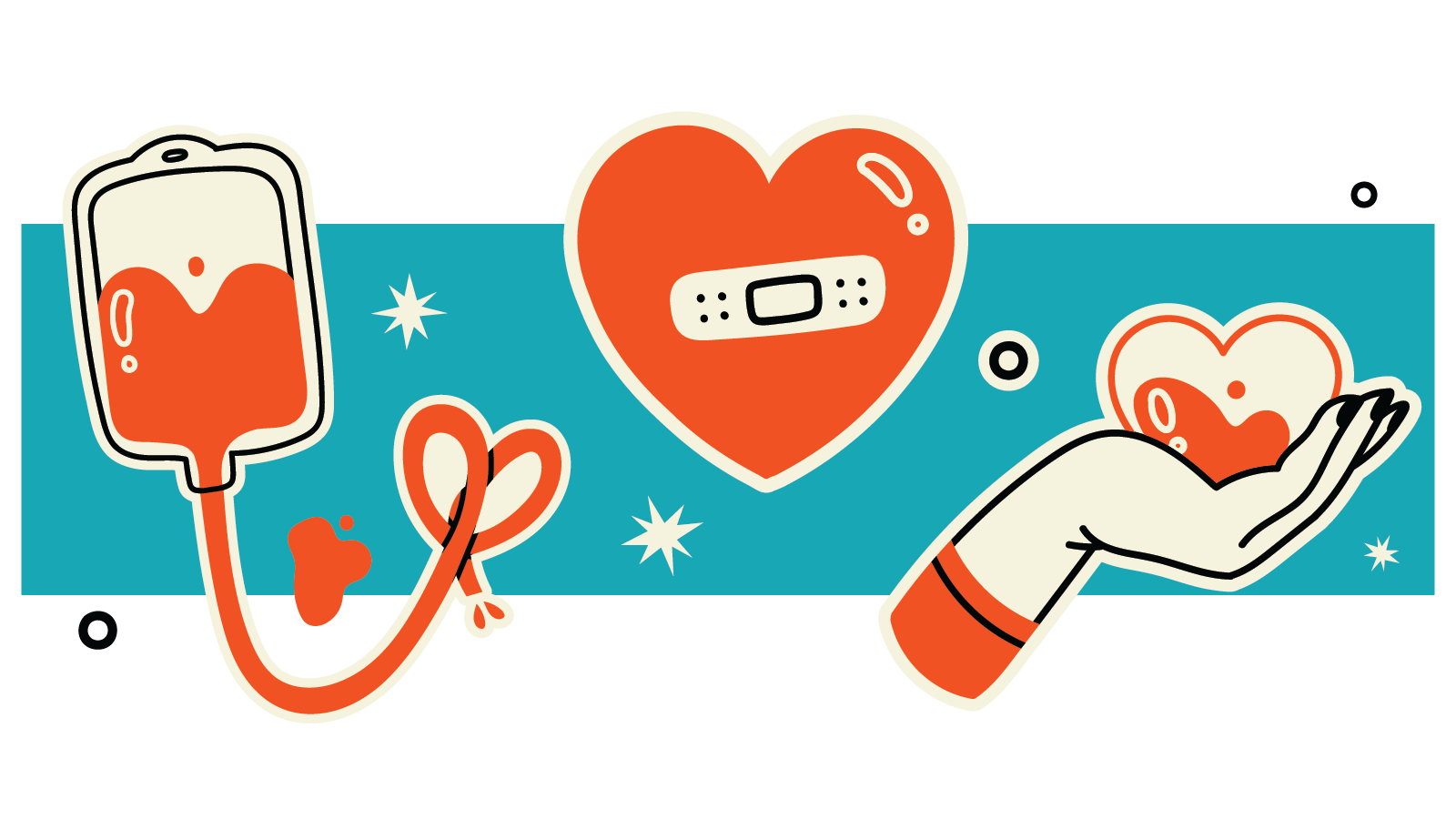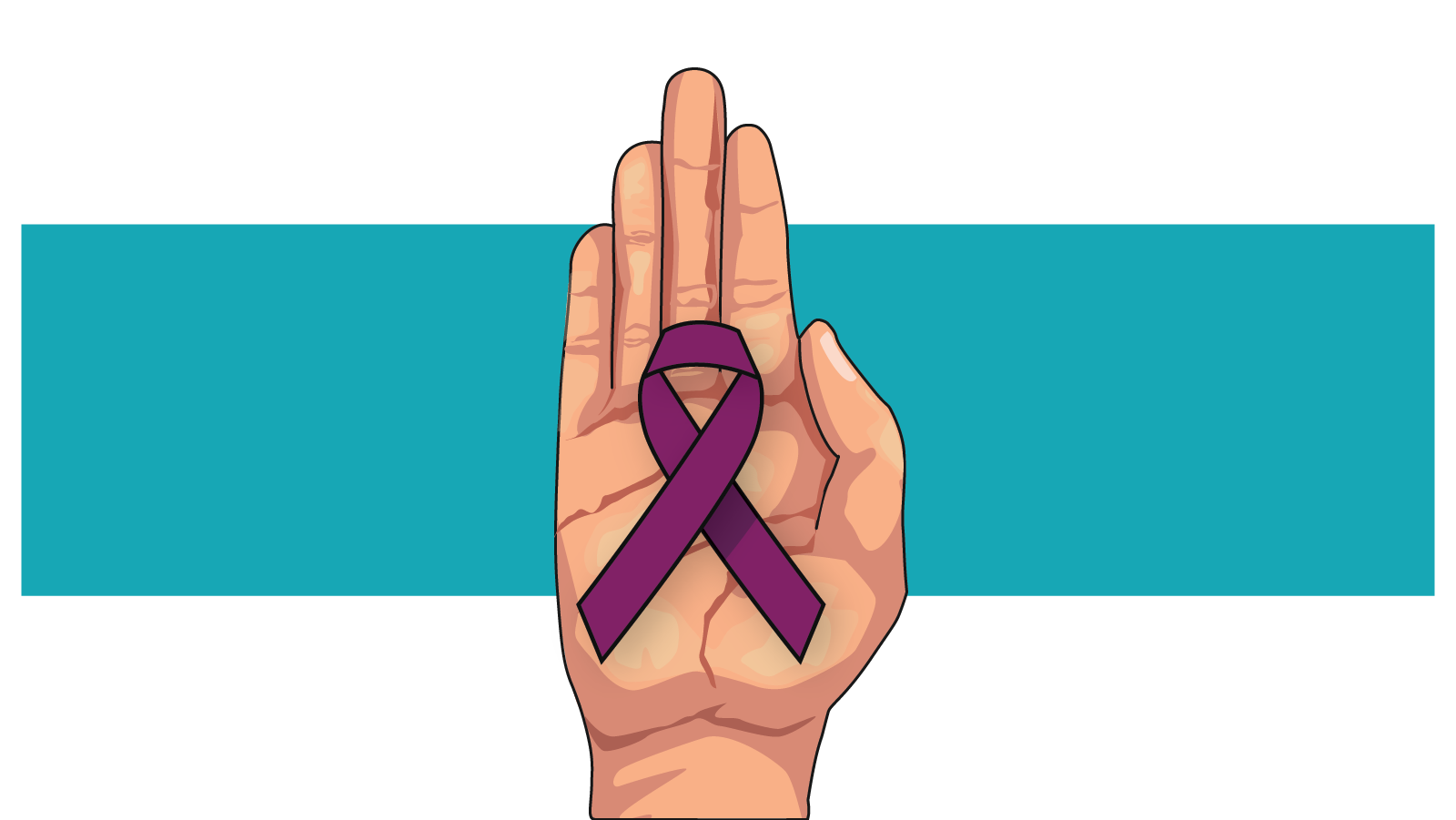
World Blood Donor Day (June 14th) celebrates ordinary citizens around the world who make voluntary, unpaid blood donations to their community’s blood banks.
Each year, 6.8 million donors in the United States extend an arm to contribute, usually to strangers who need a compatible blood type.
And yet, says the American Red Cross, "For those with rare blood types, the supply can be limited." People living with sickle cell disease (SCD), for example, need frequent blood transfusions and depend on donations from others who match their blood type as closely as possible.
Sharing the blood donor spotlight this month, SCD is an inherited condition that affects the way red blood cells form hemoglobin and causes a shortage of red blood cells. Without care and treatment, this condition can cause pain and obstruct blood flow, leading to infection and even stroke. June 19th (Juneteenth) is also World Sickle Cell Awareness Day, a day to honor and speak for people affected by SCD (also known as sickle cell anemia.) Because their lives and health depend on frequent, closely matched blood transfusions, people who live with SCD and their loved ones have become a public voice acting to increase the number of blood donors with compatible blood types for treating SCD.
Simply put, our healthcare system relies on a diverse, safe, and well-stocked blood supply. More is always better—the Red Cross reports that only about 3% of age-eligible people end up donating in a year.
How many people need blood transfusion?
According to the Red Cross' national resource site, approximately 29,000 units of red blood cells are needed every day in the United States. Every two seconds, someone in the United States requires a blood or platelet transfusion for one or more of these reasons:
- Surgery
- Serious accidents
- Natural disasters
- Organ transplant
- Cancer treatment
- Blood disorder treatment
- Treatment of infectious and gastrointestinal diseases
Anyone can need a blood transfusion, regardless of their medical and health history. That’s why the Red Cross and the hospitals they supply urge everyone to know their blood type and consider donating blood as frequently as they can.
Here’s how you can help!
- Become a blood donor. Find your local Red Cross chapter or regional blood donation site to make an appointment, or connect with a blood drive scheduled in your area. (If you don’t know your blood type before you arrive, that’s okay! Blood typing is part of the donation process—and it’s free to find out!)
- Spread the word about blood donation to your family and friends!
- Stay connected to announcements about blood supply levels in your area.

The Harmful Effects of UV Rays, and What You Can do About it
Nearly 90% of skin melanomas are caused by excess UV exposure.

Science-Backed Steps for Better Mental Health
Scientific research highlights the profound impact our emotions have on every aspect of our lives. From our relationships and work performance to our...

